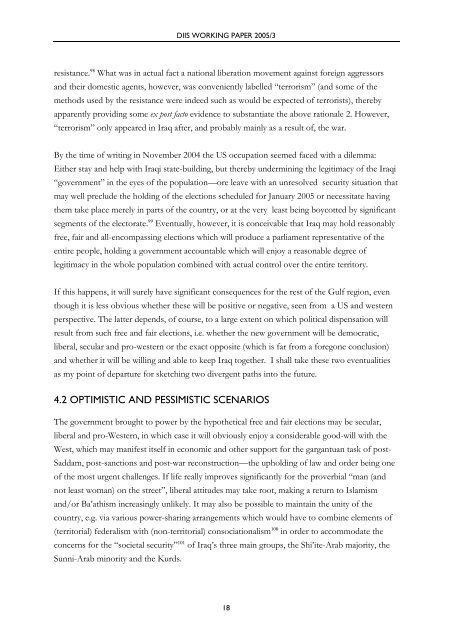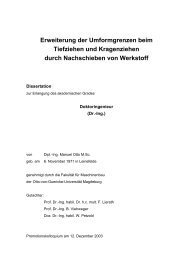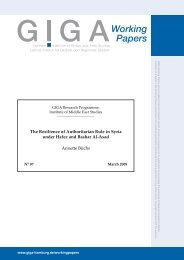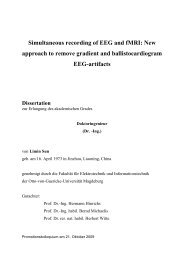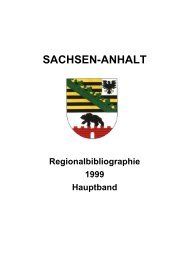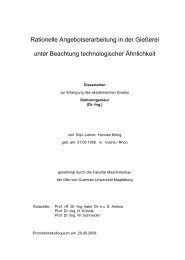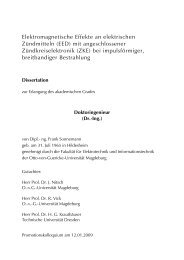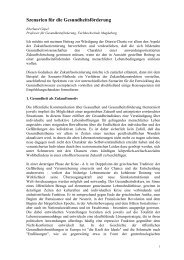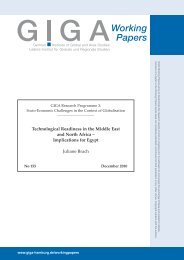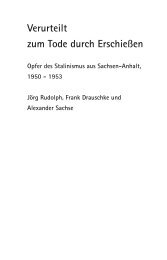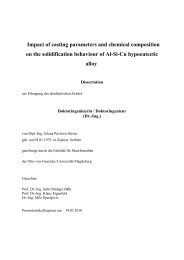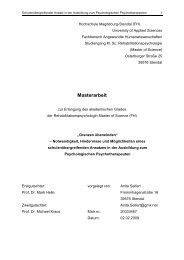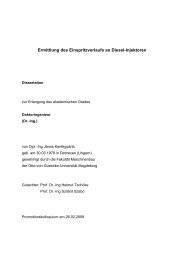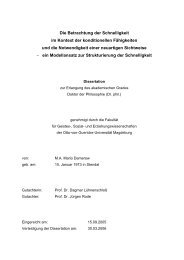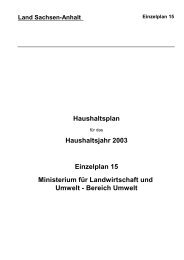DANISH INSTITUTE FOR INTERNATIONAL STUDIES ...
DANISH INSTITUTE FOR INTERNATIONAL STUDIES ...
DANISH INSTITUTE FOR INTERNATIONAL STUDIES ...
You also want an ePaper? Increase the reach of your titles
YUMPU automatically turns print PDFs into web optimized ePapers that Google loves.
DIIS WORKING PAPER 2005/3<br />
resistance. 98 What was in actual fact a national liberation movement against foreign aggressors<br />
and their domestic agents, however, was conveniently labelled “terrorism” (and some of the<br />
methods used by the resistance were indeed such as would be expected of terrorists), thereby<br />
apparently providing some ex post facto evidence to substantiate the above rationale 2. However,<br />
“terrorism” only appeared in Iraq after, and probably mainly as a result of, the war.<br />
By the time of writing in November 2004 the US occupation seemed faced with a dilemma:<br />
Either stay and help with Iraqi state-building, but thereby undermining the legitimacy of the Iraqi<br />
“government” in the eyes of the population—ore leave with an unresolved security situation that<br />
may well preclude the holding of the elections scheduled for January 2005 or necessitate having<br />
them take place merely in parts of the country, or at the very least being boycotted by significant<br />
segments of the electorate. 99 Eventually, however, it is conceivable that Iraq may hold reasonably<br />
free, fair and all-encompassing elections which will produce a parliament representative of the<br />
entire people, holding a government accountable which will enjoy a reasonable degree of<br />
legitimacy in the whole population combined with actual control over the entire territory.<br />
If this happens, it will surely have significant consequences for the rest of the Gulf region, even<br />
though it is less obvious whether these will be positive or negative, seen from a US and western<br />
perspective. The latter depends, of course, to a large extent on which political dispensation will<br />
result from such free and fair elections, i.e. whether the new government will be democratic,<br />
liberal, secular and pro-western or the exact opposite (which is far from a foregone conclusion)<br />
and whether it will be willing and able to keep Iraq together. I shall take these two eventualities<br />
as my point of departure for sketching two divergent paths into the future.<br />
4.2 OPTIMISTIC AND PESSIMISTIC SCENARIOS<br />
The government brought to power by the hypothetical free and fair elections may be secular,<br />
liberal and pro-Western, in which case it will obviously enjoy a considerable good-will with the<br />
West, which may manifest itself in economic and other support for the gargantuan task of post-<br />
Saddam, post-sanctions and post-war reconstruction—the upholding of law and order being one<br />
of the most urgent challenges. If life really improves significantly for the proverbial “man (and<br />
not least woman) on the street”, liberal attitudes may take root, making a return to Islamism<br />
and/or Ba’athism increasingly unlikely. It may also be possible to maintain the unity of the<br />
country, e.g. via various power-sharing arrangements which would have to combine elements of<br />
(territorial) federalism with (non-territorial) consociationalism 100 in order to accommodate the<br />
concerns for the “societal security” 101 of Iraq’s three main groups, the Shi’ite-Arab majority, the<br />
Sunni-Arab minority and the Kurds.<br />
18


